North-east singer Iona Fyfe has become a champion of the Scots language – particularly Doric in the tradition of the late Robbie Shepherd.
The Press and Journal columnist and BBC broadcaster died last year, but Iona has fond memories of listening to him as a child.
Iona said: “I grew up listening to Robbie Shepherd on Take the Floor every Saturday with my grandmother.
“She read his Doric columns, she thought they were just wonderful.”
Raised in Huntly, the 26-year-old folk singer’s parents weren’t musical, but her cousins performed Doric poetry and played fiddle, and the family got together at the Buchan Heritage Society festival in Strichen each year.
Learning from tradition bearers
Iona began performing Doric poetry herself, before moving into singing and playing music. She went to Wednesday night folk clubs at the Blue Lamp in Aberdeen, where she plays this week.
“In my teenage years I’d annoy my dad to give me lifts to folk clubs in the north-east,” she says.
“I learned loads of songs and ballads from older tradition bearers there, which was such a natural way to get into it. The Blue Lamp is a great venue, I’m glad it’s still open, because a lot of venues are closing. In Aberdeen there’s not many mid-sized grassroots venues.”
Iona is inspired by bothy ballads
Iona studied for a Bachelor of Music in Traditional Music at the Royal Conservatoire of Scotland in Glasgow. “I spent four years learning from Rod Paterson, who passed away last week, who was in a band called Jock Tamson’s Bairns,” she says.
“I auditioned when I was 16 and got in, went the following year in 2015, then graduated in 2019. During that time I released my first album and EP, and got to tour Germany and lots of other places.”
Her original inspirations were the bothy ballads of Aberdeenshire, but as her reputation has grown (she was Scots Singer of the Year at the 2018 Scots Trad Music Awards, has been a semi-finalist for the BBC Radio 2 Young Folk Award, and twice a finalist for the BBC Young Traditional Musician Award), her song choice has become more contemporary.
“It was cool that a lot of the bothy ballads named places in Aberdeenshire that I grew up singing in,” she says. “In folk clubs in the south of England they’d say, ‘I know where Huntly is, there’s a ballad about it’. There’s a universalism to balladry, and the whole world over, folk artists and academics recognise Aberdeenshire as being home to a wealth of these songs.”
Bringing trad music to the younger generation
At first she interpreted those ballads herself. “I made them more contemporary,” says Iona. “Then trying to make it more accessible, especially to the TikTok generation, I started performing songs by Richard Thompson, Fairport Convention and Taylor Swift.”
Before she went to see Swift in Edinburgh recently, Iona covered a Scots language version of her song Love Story. The Scots language is hugely important to her, and she recently helped campaign for the Scottish Languages Bill to become law.
“At school in Huntly, even our registration teachers were like, ‘speak proper’,” she says. “For a week in January they’d be like, okay, time for Burns now, but we wouldn’t hear about it for the rest of the year. Then there was the idea that if you speak like that, you mustn’t be educated, it’s ‘ned speak’, you’re not going to get a job. There was class stigmatisation too.
Where is Iona Fyfe performing this month?
“You wouldn’t see yourself represented in the media, but now it’s completely different. Even in the last five years, with TV comedies like The Scotts or Two Doors Down, it’s good to see that happening.
“It’s totally changed, even from when I was at school in 2015, but getting the legislation is important. Scots isn’t there as a language yet.”
Anyone who has read X/Twitter posts by Iona (who has sat on boards and committees of the Musician’s Union and the Scottish Trades Union Congress) knows she’s bold and unflappable when it comes to demanding change.
“What’s the point in being a folk singer if you’re not going to call out injustices?” she says.
“Maybe I get too thrawn about these things, but it feels like an injustice to not speak about what you’re passionate about.
“Even those bothy ballad men, who were talking about how rubbish it was, the way they were being treated by the foreman or the grieve [superintendent], were the protest singers of their generation.”
- Iona Fyfe plays the Blue Lamp, Aberdeen, on Thursday June 13 and the Sound of Iona Festival on the Isle of Iona, on Saturday June 22.
- See ionafyfe.com for more information.
.
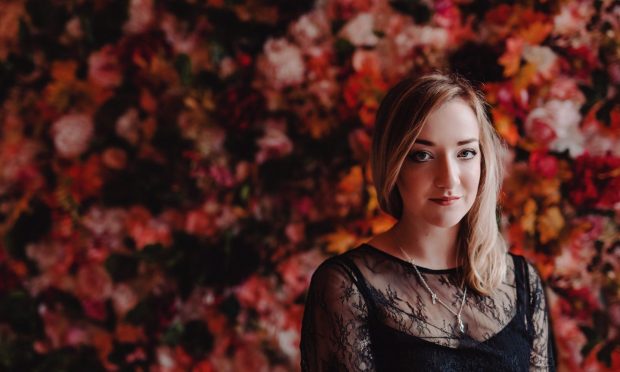
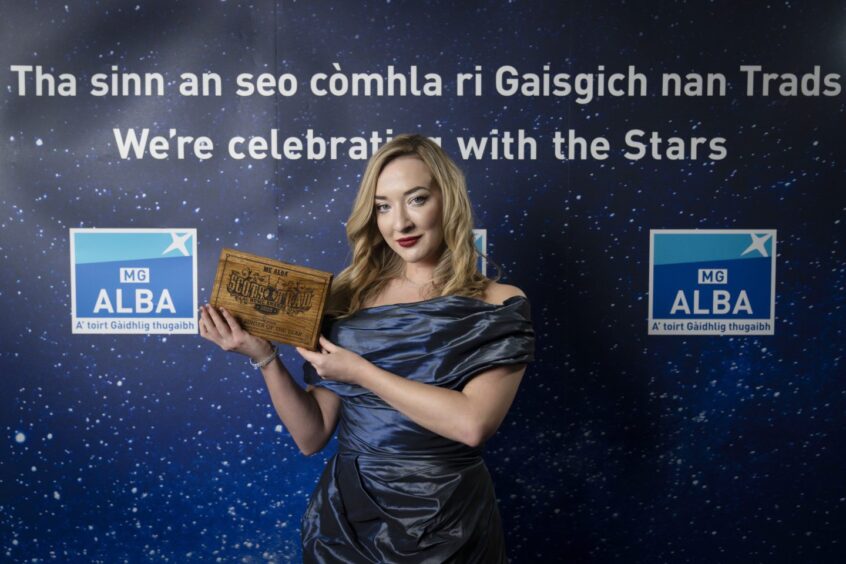
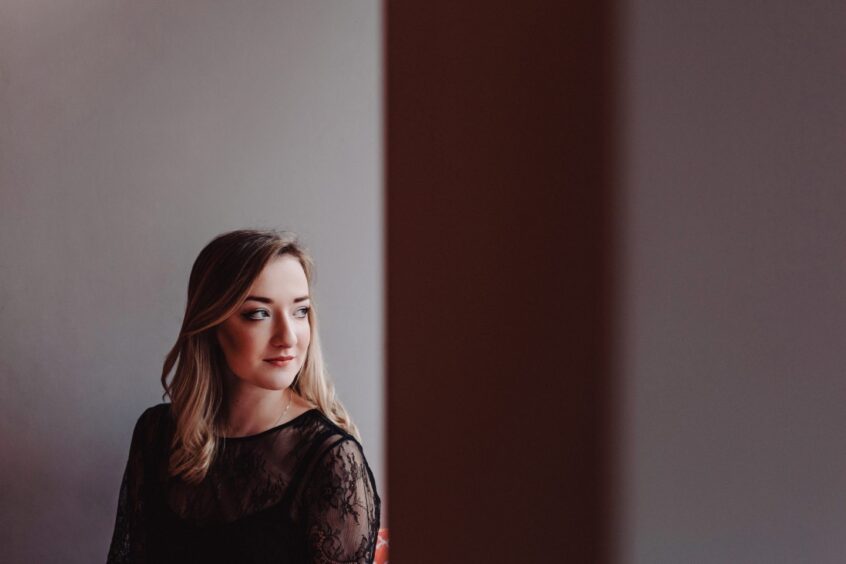
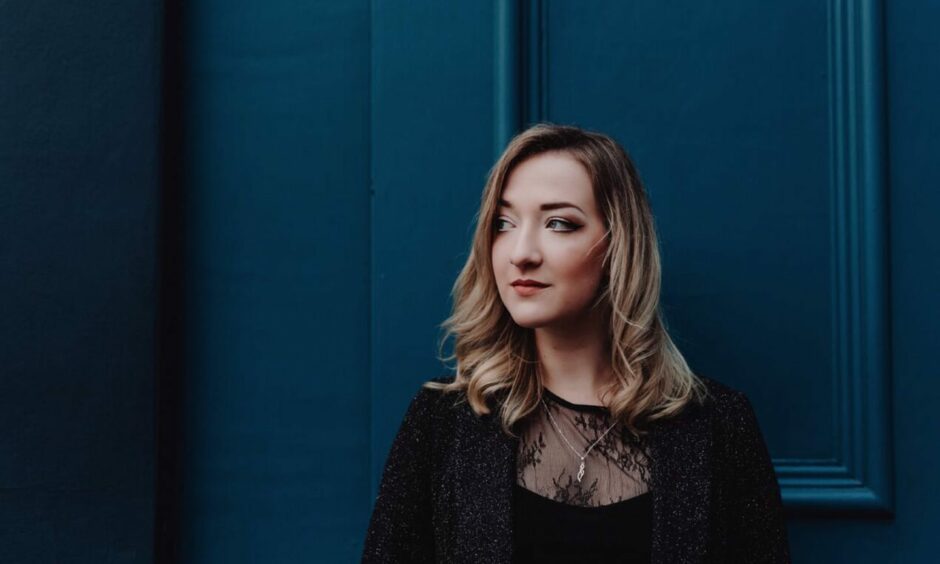
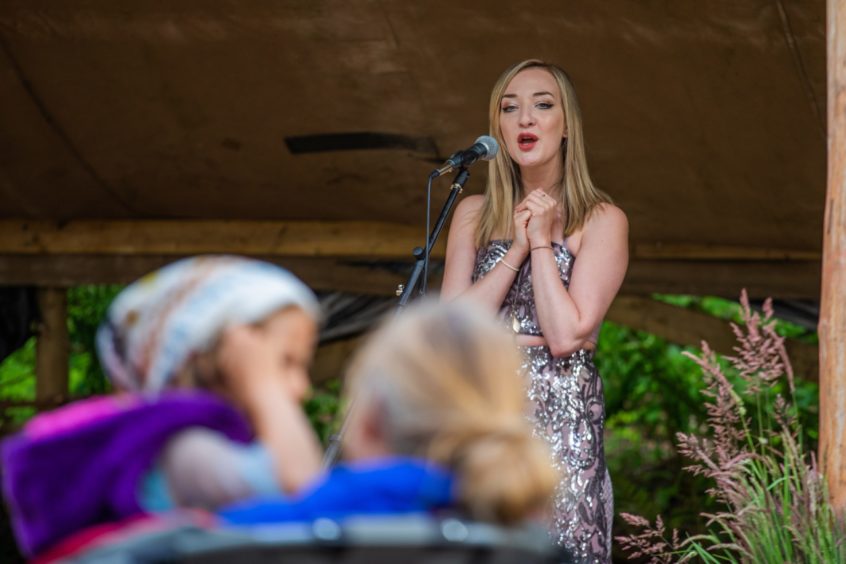
Conversation